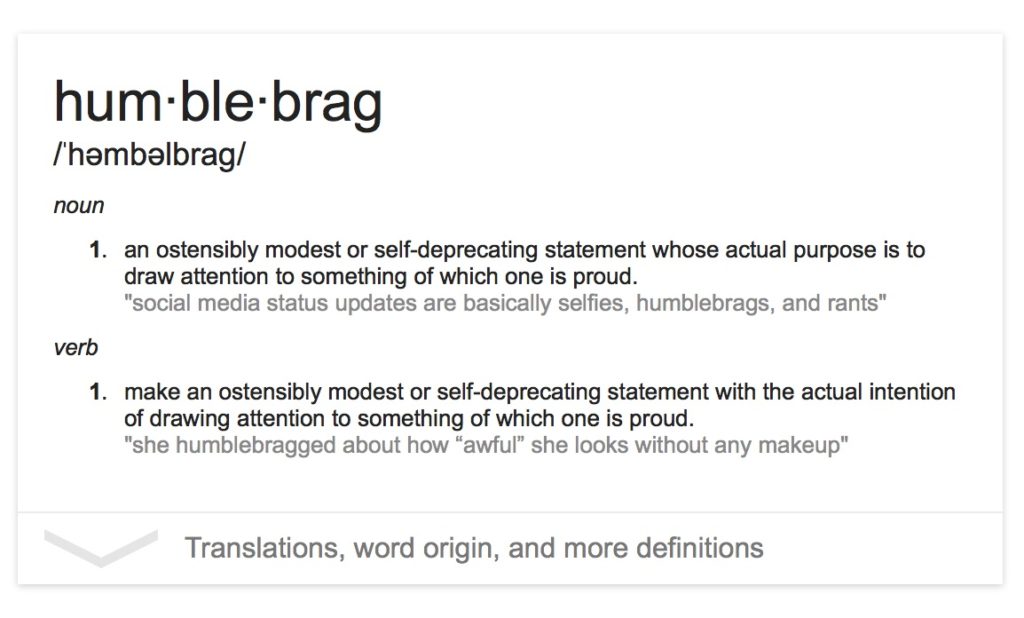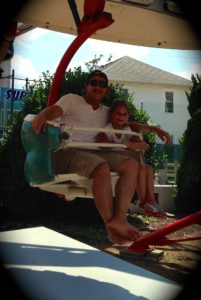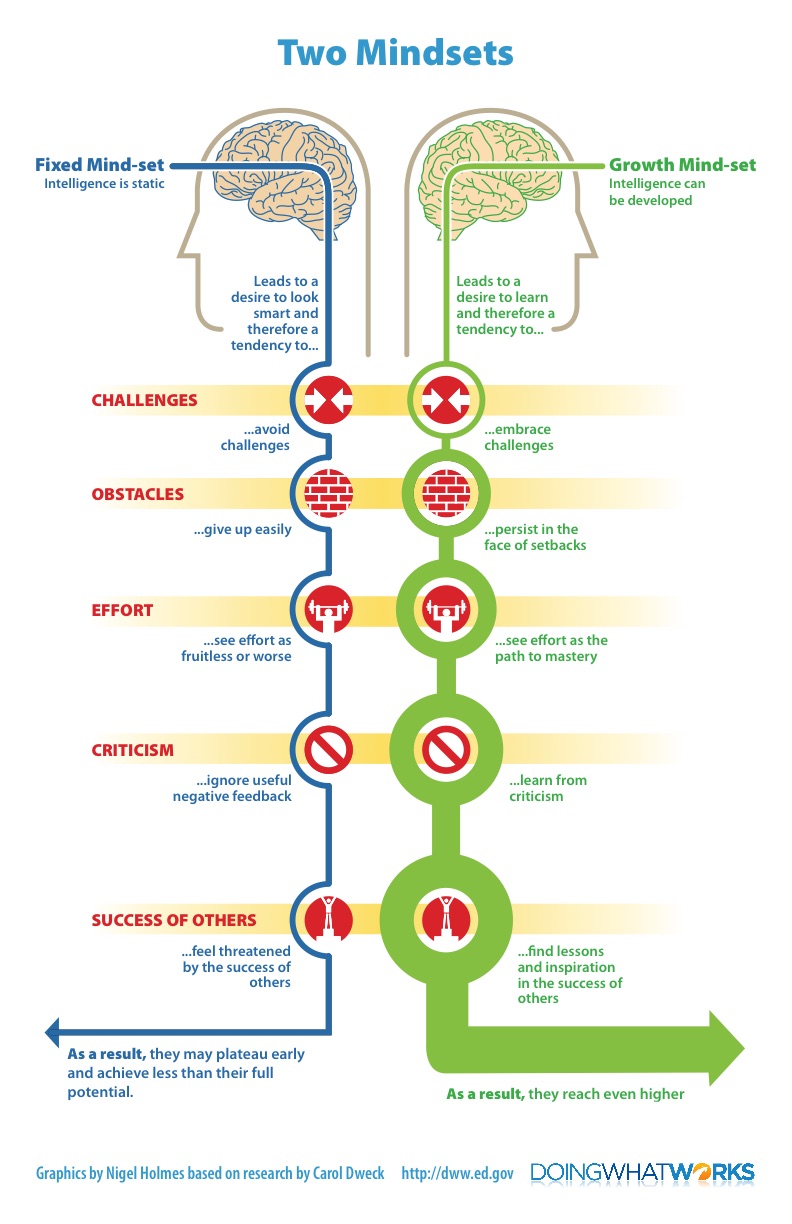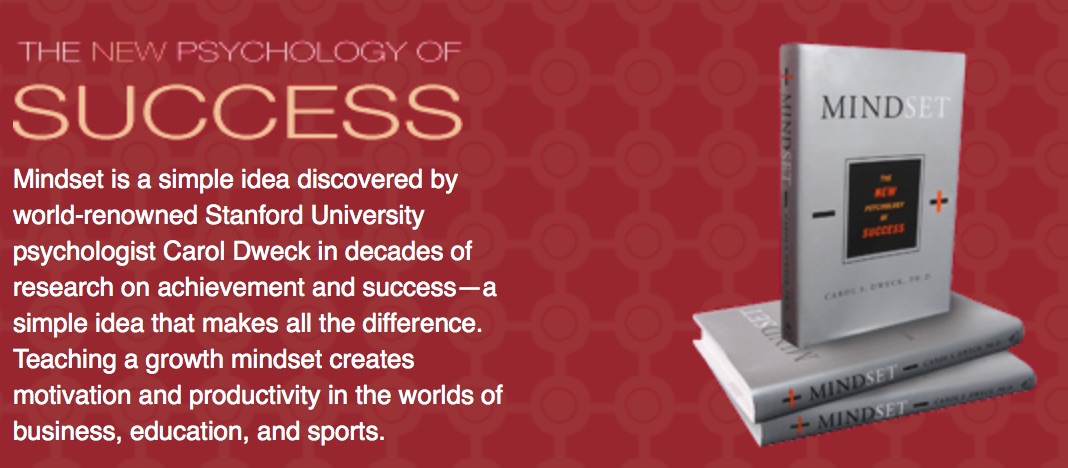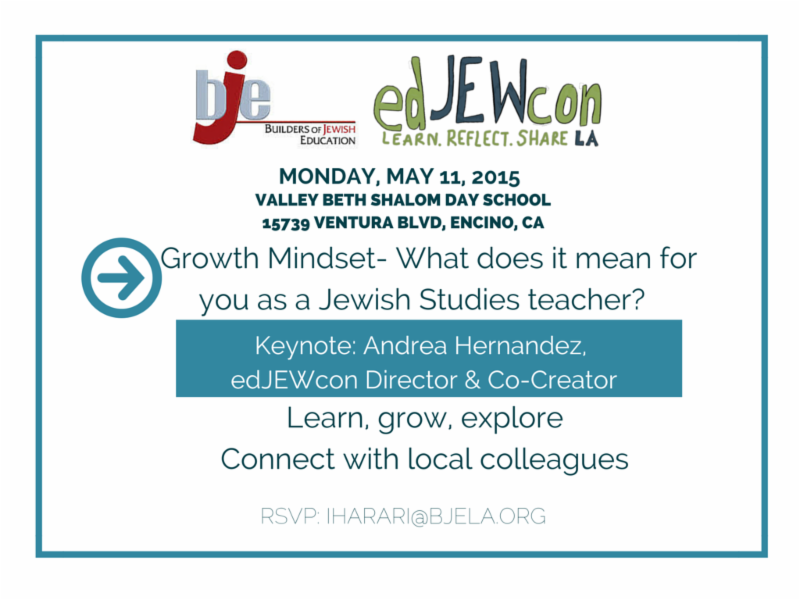 Did that lower the bar enough?
Did that lower the bar enough?
In my ongoing attempt to stay current, to learn, to amplify, etc., etc., I have had an ambition to clean out my RSS feed and start over with which blogs I really ought to try to pay attention to…
…to accomplish this goal, I utilized all my networks – Twitter, Facebook, listservs, etc. asking not only for people to volunteer their own blogs, not only asking for people to share with me blogs they pay attention to, but to own this project with me by joining a GoogleDoc as a co-owner and editing to their heart’s content.
I sent out a variety of reminders and have reached a point where it is time to share this completely inadequate document!
I have let people describe their own blogs. I have not personally vetted them all. I did not add each one myself, although I did add a few. You will surely find it lacking.
Good!
Shame on you for not helping!
How can we make this list more helpful, inclusive, exciting, diverse and meaningful? By adding more (content) and more (categorizing)…
Which blogs did we leave out?
You can offer your suggestions as a comment to this blog (and I will carry them to the master document) OR you can email me (jmitzmacher@schechternetwork.org) and I would be happy to add you as an owner to the master document and you can contribute directly.
“THANK YOU” to all the folk who did help. Happy reading!
A Jewish Day School Annotated Blogroll
Julie Wohl: www.jewishlearningthruart.blogspot.com
“My goal is to share my own work on integrating Jewish learning with art creation, and to also share techniques and ideas for other educators to use the arts in their work.”
Amy Meltzer: lgagan.blogspot.com
“I keep a blog that is designed for parents, but does give a lot of information about the Gan program at Lander Grinspoon Academy.”
One of my go to blogs is investigatingchoicetime.com – it’s not a Jewish blog, however.
Rabbi Arnold Samlan: https://arnolddsamlan.wordpress.com/author/arnolddsamlan/
“Jewish Connectivity”
Rabbi Lee Buckman: http://thebuckstopshere.tanenbaumchat.org/?author=3
“Twice-monthly blog by Rabbi Lee Buckman, head of school of TanenbaumCHAT, a grade 9-12 Jewish day high school of over 1,000 students in Toronto.”
Ruth Schapira: http://ruthschapira.com
“I writ[e], with some candor, [about] the issues the Jewish community faces”
I read many blogs, but would be hard pressed to name those few that I read regularly. Some are on kveller.com, a few on wordpresss (Pitputim http://pitputim.me/, Architect Guy http://architectguy.me/). EJewishPhilanthropy is a blog I read often
Rabbi Mitchel Malkus: http://www.cesjds.org/page.cfm?p=9403
“Education Matters – One Head of School’s reflections on education, Jewish education and the Jewish world.”
National Association of Independent Schools – Independent Ideas: The Independent School Magazine Blog
“Engages educators, researchers, policy experts, and thought leaders in a spirited dialogue about the topics that matter most in education now and in the years to come.”
Jack, Joseph and Morton Mandel Center for Studies in Jewish Education, Brandeis University: Learning about Learning
Ari Yares: www.ariyares.com
“Exploring the intersection of psychology, education, and technology.”
I’m following a fair number of blogs, but I’m also using a tool called nuzzel.com to help me stay on top of what’s being shared.
Jillian Lubow
“I write an #instructionalleadership blog for @TeachBoost: hubs.ly/H015-ss0. #Top5JDSBlogs”
Adam Tilove: http://jcdsri.org/category/head-of-school-blog/
Bill Zarch: https://butireallyliketodance.wordpress.com
Eddie Shostak: rEddieTalk
“Focused on Jewish life, education, and parenting.”
Jon Mitzmacher: “A Floor, But No Ceiling”
“Where the future of Jewish day school is debated, explored and celebrated”
Andrea Hernandez: “EdTech Workshop”
Silvia Tolisano: “Langwitches”
Rabbi Jim Rogozen: http://rabbijimlearning.blogspot.com/
“Observations and questions on Jewish education and the Conservative Movement”
Drew Frank @ugafrank http://drewfrank.edublogs.org/ Davis Academy AHOS
Micah Lapidus @rabbispen http://micahlapidus.com/ Davis Academy Rabbi
A few of my (Drew Frank) favorite blogs:
Massive resource for links to blogs, twitter, and all things education Jerry Blumengarten http://cybraryman.com/
From Melanie Waynik:
Dan Finkel: https://www.gesher-jds.org/default.aspx?RelId=646121
“A non-preachy weekly thought on how to think about Torah as a modern guide for both education and meaningful living.”
Beverly Socher-Lerner: www.makomcommunity.org/blog
“The adventures and explorations of an immersive, informal Jewish afterschool enrichment program in Center City Philadelphia for 15+ hours a week of text-based, experiential Jewish Education.”
AVI CHAI: The AVI CHAI BLOG
“The AVI CHAI Blog features issues important to day schools and summer camps, including sharing best practices, highlighting important trends, and dialoguing around big ideas.”
MOFET International’s Jewish Ed Portal
“…is a curated listing of academic articles, blog posts, online resources, conferences and PD sessions dealing with a wide spectrum of Jewish education around the world. The portal is updated weekly and posts a monthly collection of new items via email.”
Jeffrey Rothman: http://talklearning15.blogspot.ca
“Each blog post includes a discussion or short write up of some best educational practices as well as links to articles, tools and thoughtful quotes.”





